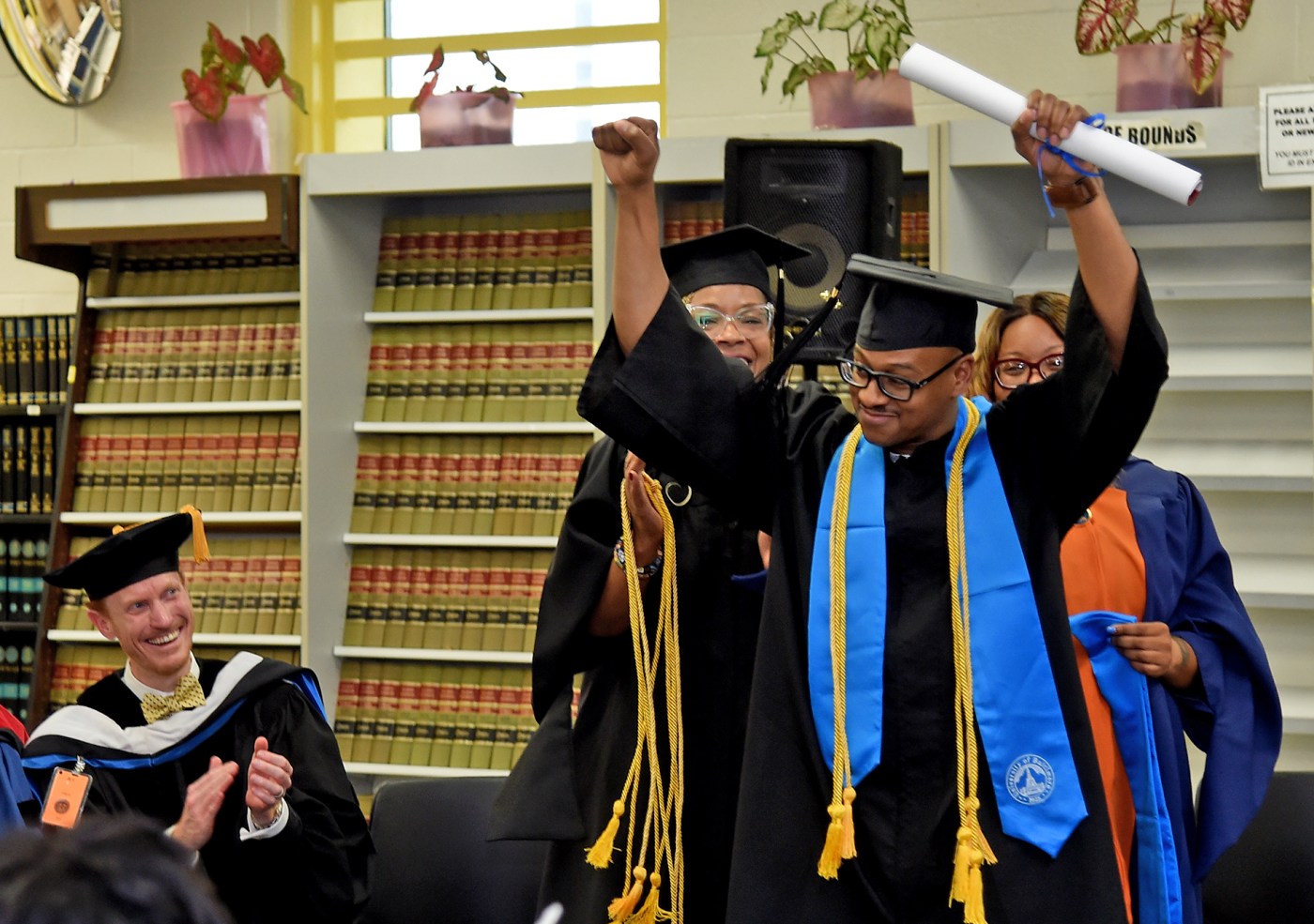
[Baltimore Sun] All state prisons to get higher education program through University System of Maryland partnership
The Maryland Department of Public Safety and Correctional Services is partnering with the University System of Maryland for a program that will allow incarcerated people to pursue higher education at all state prisons, the department announced last week.
Incarcerated people will be able to earn bachelor’s degrees and credit-based certificates at any of the 12 universities within the USM through federal Pell Grants, according to a news release.
The department and the USM signed a memorandum of understanding, the first time a division of correction and a state university system have taken this formalized step, the release says. Both MDPSCS Secretary Carolyn J. Scruggs and USM Chancellor Jay A. Perman called the move “historic” in the release.
“At the University System, we believe that the foundational aim of higher education is to improve the human condition and serve the public good,” Perman said. “This partnership is unmatched in advancing these goals. By allowing more incarcerated people to access college and to put their education to work after release, we’re not only expanding opportunities for these students, we’re strengthening the communities they return to.”
Each university will sign an agreement with the MDPSCS as an addendum to the memorandum of understanding outlining the academic program offered. The education services will be a tool for mental health and reintegration, the department said.
“The department is hyper-focused on ensuring access to education at any educational level in every prison in the state but also to impart on them the skills necessary so they can gain an income and support their families as they reenter society,” Scruggs said in the release.
Incarcerated people who receive an education while behind bars are 48% less likely to return to prison, and they increase employment prospects and earnings, said Andrea Cantora, a professor in the School of Criminal Justice at the University of Baltimore, a USM institution. She’s also the director of UB’s Second Chance College Program, which already offers postsecondary education to students incarcerated at the Jessup Correctional Institution through federal funding.
For more than a decade, Baltimore’s Goucher College has also had a prison education program in which students can earn a bachelor’s degree. Its format could be an example for the state because the average prisoner in the program graduates with over a 3.0 grade point average, said Meredith Conde, director of operations and prison affairs for the Goucher Prison Education Partnership.
“High quality is key. As Pell expands, it is imperative that colleges build rigorous in-person programs that are relationship-based,” Conde said. “That’s what makes GPEP so successful. You will not get the same results by passing out tablets and having students work in isolation.”
